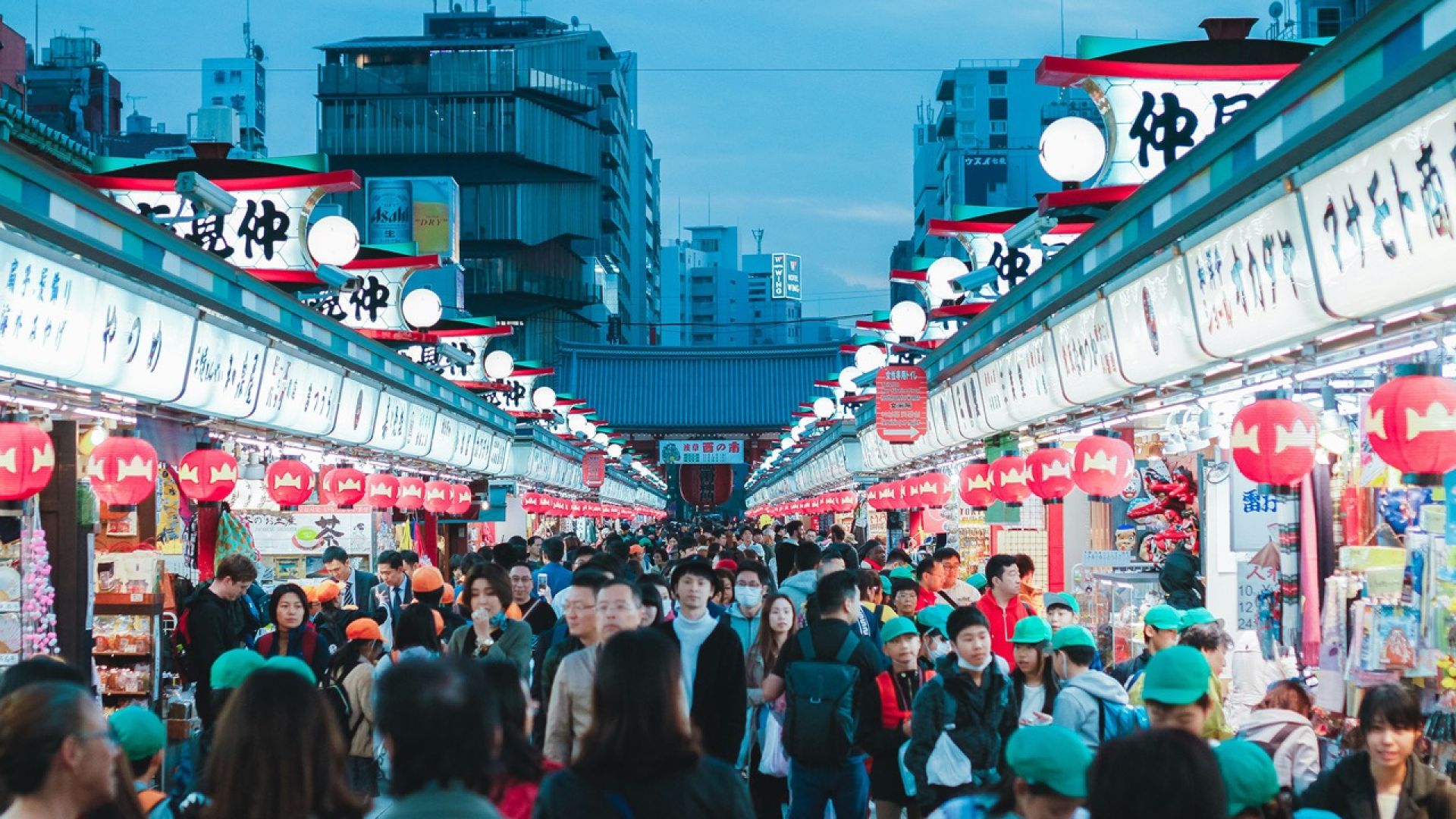It’s the holiday season—at least for Filipinos—and with it comes a surge in holiday shopping, travel, get-togethers, and festive activities. With the season being a peak time for getaways, Filipinos prioritize experience-driven travel, with Singapore, Hong Kong, and Japan being top destinations. Visa’s latest Green Shoots Radar survey[1] reveals a significant shift in how Filipinos plan and pay for their travels, showing a growing preference for contactless payments alongside the continued use of cash.
Travelling for new experiences, shopping
For Filipino travelers, the holiday season is an opportunity to explore new experiences and create lasting memories as travel peaks in December, with 32% of surveyed respondents planning domestic trips and 23% choosing international destinations.
The survey found that most Filipinos travel to relax (80%) and seek new experiences (43%). While sightseeing remains the top activity (82%), experiencing local cuisine and dining (67%) and shopping (67%) are also key priorities. This shows that Filipinos are looking for destinations that offer a blend of leisure, entertainment, and adventure.
Singapore, a long-time favorite, emerged as the top destination for Filipino travelers over the past 12 months, with 38% of respondents visiting the city-state. Singapore continues to draw Filipino tourists with its vibrant blend of urban attractions and rich cultural experiences. Its close proximity to the Philippines, ease of access, and wide range of activities makes it an ideal choice, especially during the holiday season.
Hong Kong remains a favorite at 31%, particularly for travelers who enjoy combining shopping with festive celebrations. Its expansive retail scene and diverse culinary offerings make it appealing to Filipino families seeking both luxury and bargain shopping experiences.
Japan, known for its picturesque landscapes, festive markets and shopping districts alongside its deep cultural heritage, is another popular destination, with 30% of Filipinos visiting to experience the Land of the Rising Sun.
As Filipinos head overseas, many are also drawn to the Philippines as a tourist destination. Inbound travel to the Philippines is also on the rise, with the country welcoming 3.66 million international visitors from January to August 2024—a 10.14% increase from the same period last year, according to the Department of Tourism.[2] Additionally, data from the World Travel and Tourism Council’s 2024 Economic Impact Research (EIR) forecasts that international and domestic tourism spending will reach P715.6 billion and P3.7 trillion, respectively, surpassing 2019 figures by 5.7% and 1.8%.[3]
Jeff Navarro, Country Manager for Visa Philippines, said: “At Visa, we are committed to ensuring a seamless, secure, and convenient experience for Filipino travelers heading abroad and for inbound visitors to the Philippines. We recognize that tourism plays a vital role in the economy, contributing to job creation and overall growth. We’re working to support the Filipino government’s efforts to enhance tourism by improving digital payment methods and providing tourists with an enjoyable experience, which will help to further drive economic development and strengthen the tourism industry.”
Visa helps drive the growth of tourism in the Philippines by leveraging its global network and collaborating with local markets to promote the acceptance of Visa cards, creating a more enjoyable payments experience for tourists. In the Philippines, Visa supports small and medium-sized businesses (SMBs) by providing tools and knowledge for cashless transactions such as the SME Online Toolkit. Post-COVID, Visa launched the POSM Visibility Initiative to enhance marketing materials in tourist hotspots. Additionally, Visa partnered with the Pacific Asia Travel Association to conduct finance and digital skills workshops for tourism SMEs and Department of Tourism officials, benefiting 120 participants across Southeast Asia including Laguna in the Philippines.
Shift in Payment Preferences: Contactless and Cash
A key trend emerging in Filipino travel habits is the shift toward contactless payments. In a survey commissioned by Visa done by YouGov[4] in Aug 2024 reveals that 66% of Filipino travelers now prefer using contactless methods like mobile wallets and tap-to-pay cards, while 67% said they will likely get cards with contactless features.
“As cross-border travel continues to grow, Visa sees a tremendous opportunity to remain a key part of the traveler’s journey. The convenience and security of digital payment options give travelers greater confidence when making transactions abroad—whether they are booking accommodation, dining, or shopping. Our goal is to continue supporting travelers at every stage, from planning and booking to the entirety of their trip, by encouraging the use of Visa for a seamless, secure, and hassle-free payment experience,” Navarro added.
Despite the rise in contactless payments, 71% of holiday travelers still carry cash as a backup, particularly in areas where digital payment infrastructure may not be as widely available. The continued use of cash illustrates that there is some way to go towards full contactless payments, especially for holiday destinations that have not fully shifted to cashless payments.
As the holiday season approaches, the preference for more experience-driven travel, combined with evolving payment methods, reflects the changing dynamics of how Filipinos shop, pay, and explore the world. Whether through cash or contactless payments, the essence of Filipino travel remains centered around creating memories and sharing moments with loved ones—values that are as enduring as the destinations themselves.



